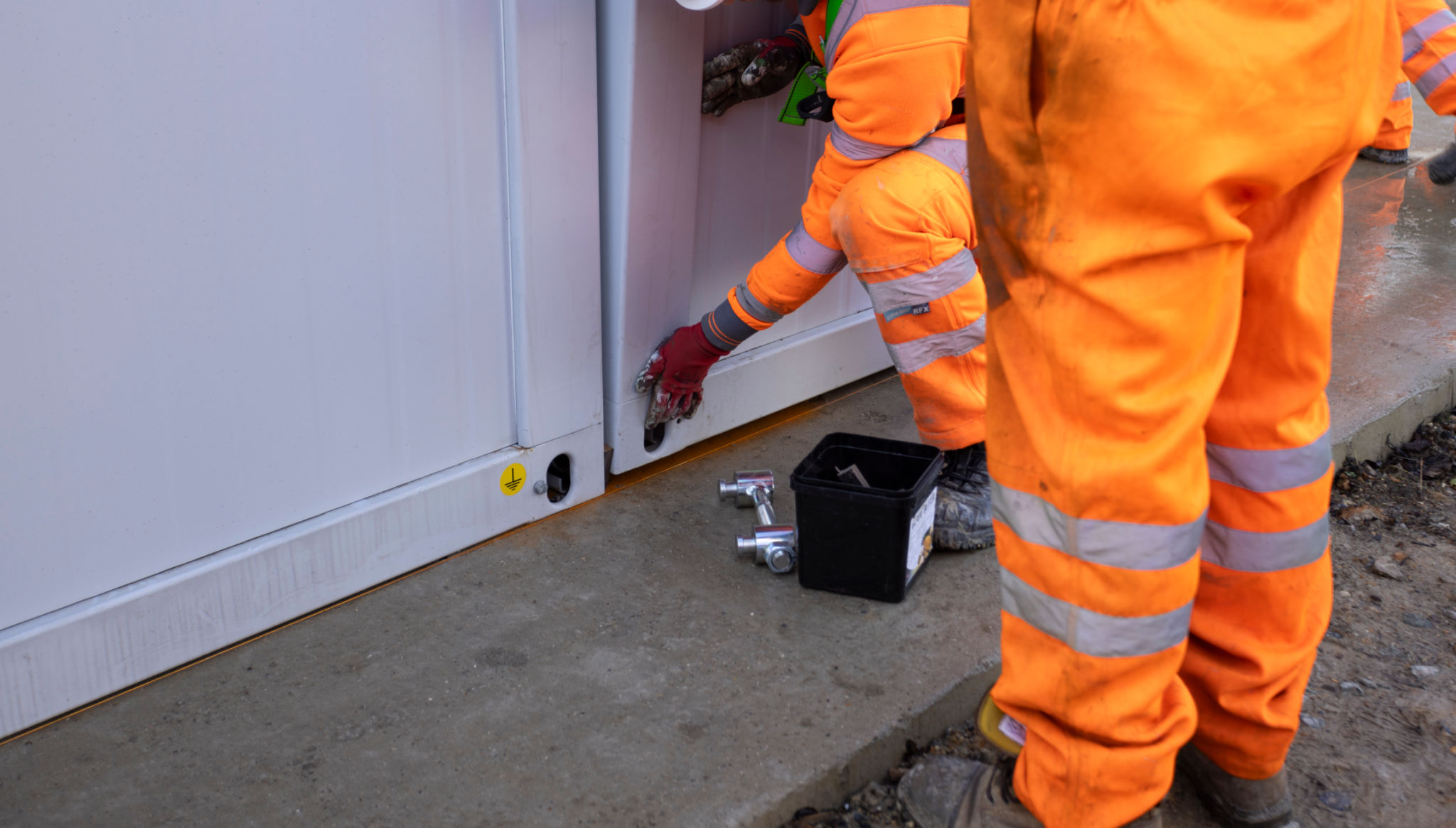How to Choose the Right Crane Training Program for Your Needs
KM
Understanding Your Training Needs
Choosing the right crane training program is crucial for ensuring safety and efficiency in your operations. The first step in selecting the appropriate course is to thoroughly understand your specific needs. Are you looking for basic training or advanced certification? Do you need a program for a specific type of crane, such as mobile or tower cranes? Answering these questions will help you narrow down your choices and ensure that you select a program that aligns with your goals.
Consider the regulatory requirements in your region or industry. Different countries and states have various compliance standards, and choosing a program that meets these regulations is essential. This not only enhances safety but also ensures legal compliance, which can save you from potential fines and operational interruptions.

Evaluating Course Content and Curriculum
Once you have identified your needs, evaluate the course content and curriculum of potential programs. A comprehensive crane training program should cover key topics such as crane operation principles, safety protocols, maintenance procedures, and emergency response strategies. It is also beneficial if the program offers practical, hands-on training sessions.
Review the course duration and schedule to ensure it fits within your time constraints. Some programs offer flexible learning options, such as weekend classes or online modules, which can be beneficial if you have a busy schedule. Additionally, ensure that the curriculum is up-to-date with the latest industry standards and technologies.

Instructor Expertise and Credentials
The expertise and credentials of the instructors are pivotal to the quality of training you will receive. Look for programs led by experienced professionals who are certified and have a strong background in crane operations. You might also want to check if the instructors are actively involved in the industry, as this can provide valuable insights and real-world knowledge.
Reading reviews or testimonials from previous participants can offer a glimpse into the instructor's teaching style and effectiveness. A great instructor can make complex concepts understandable and inspire confidence in their students.

Assessing Training Facilities and Resources
Training facilities are another critical factor to consider. The best crane training programs are those equipped with modern facilities and up-to-date equipment that closely resemble the actual working environment. This encourages a more practical learning experience and better prepares you for real-life operations.
Additionally, inquire about support resources such as study materials, access to online resources, or post-training support. These resources can significantly enhance your learning experience and provide ongoing support even after the course has been completed.
Comparing Program Costs and Financial Aid
Finally, consider the cost of different training programs. While it might be tempting to choose the cheapest option, it's important to weigh the cost against the quality of training offered. Investing in a reputable program can provide long-term benefits by improving your skills and career prospects.
Check if the program offers any financial aid or payment plans that can make it more affordable. Some companies might also sponsor their employees' training, so it’s worth checking with your employer if this is a possibility.
In conclusion, selecting the right crane training program requires careful consideration of various factors such as your specific needs, course content, instructor expertise, facilities, and cost. By taking a methodical approach to evaluate each aspect, you can ensure that you choose a program that not only meets regulatory standards but also enhances your skills and career opportunities.
